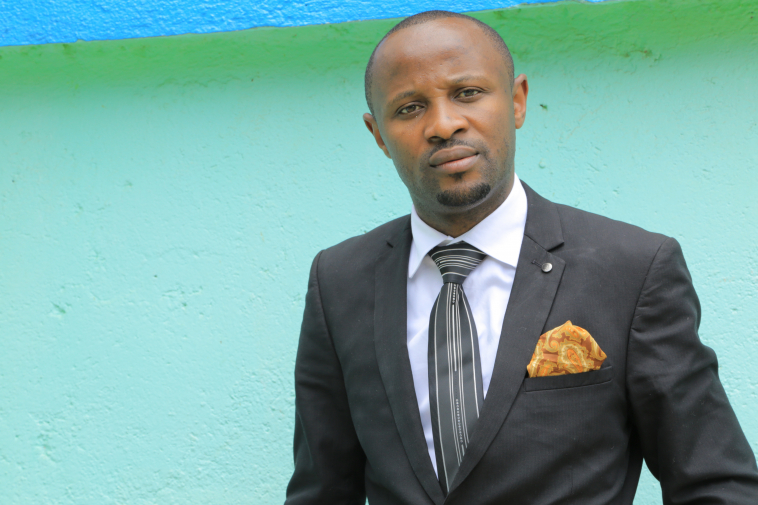Ending fistula by 2030

Fistula is a condition that shatters women’s lives, affecting two million women in 55 low resource countries of Sub-Saharan Africa and South Asia; with up to 100,000 additional women tragically developing a fistula every year in some of the world’s poorest and most disadvantaged communities.
The condition results, in nearly all cases, in the death of the baby and leaves the woman suffering from a range of health problems. Many will face social segregation, leading to loss of livelihood, isolation and feelings of shame and despair.
This year, on the International Day to End Obstetric Fistula, FIGO shares the story of Bijoux, from Lukolela in the Democratic Republic of the Congo, and the huge impact fistula had on her life:
“It has been 15 years since I have had this condition after an unassisted birth at the age of 16. This situation of involuntary and permanent incontinence has affected my life to the point of significant social disrepute (discrimination, rejection). Personally, I lost my joy for life. Abandoned by my husband and after losing my baby, I felt alone in this ordeal. Fistula causes great suffering.
Having the surgery was my salvation. I have been waiting for a cure for 15 years. I did not think that having the surgery would change my situation. But I feel reborn. It is amazing. My life has changed.
It is important that women living with fistula have access to treatment because of their suffering. It is the whole community that suffers with the woman they are trying to care for.
I am glad to have had the surgery and to have my health back.”
The FIGO Fistula Training Initiative trains fistula surgeons – FIGO Fellows – in 19 countries in Africa and Asia, working to prevent obstetric fistula and to provide high quality care to women suffering from this devastating condition. Collectively these surgeons have performed more than 6,560 fistula repair operations to date.
Dr Kenny Raha, from the Democratic Republic of Congo, is a FIGO Fellow who supported Bijoux.
Dr Raha explains how the FIGO Fellowship programme has enabled him to help more women in desperate need of treatment:
“For me, becoming a FIGO Fellow and joining the training programme means giving the forgotten women with fistula a chance, like the ones in DRC. I also think of this programme as a network of surgeons where experiences can be exchanged.
I always considered that treating a woman with fistula is like restoring the life of a person. With a better quality of life, the suffering and desperation they had to endure for years turns into joy and hope. This gives me the courage to continue treating women. Despite the many challenges in providing this difficult surgery, my efforts are more than compensated every time by the endless words of thanks – “merci Matonto” (thank you dear doctor) – from the patients I have helped.
Fistula should no longer be neglected since a lot of women who suffer from the condition live in desperate hope of being treated one day in under-resourced settings, like DRC. This is due to multiple barriers to care or treatment, and availability of skills or competencies.
More surgeons should be trained to make treatment available and to form a large network of global and effective approaches in the fight against this condition.
To me, being part of FIGO’s successful fistula surgery training initiative, means contributing to the goal of ending fistula by 2030 and thereby helping thousands of women who are waiting for treatment in under- resourced settings.”
On May 23, 2016, the International Day to End Obstetric Fistula, Ban Ki Moon, the then UN Secretary-General, challenged the international community to end obstetric fistula within a generation. This is a goal not only worthy of, but mandatory to achieving the SDGs.
Let’s bring obstetric fistula back to the forefront of global conversation and ensure that no woman is left behind.